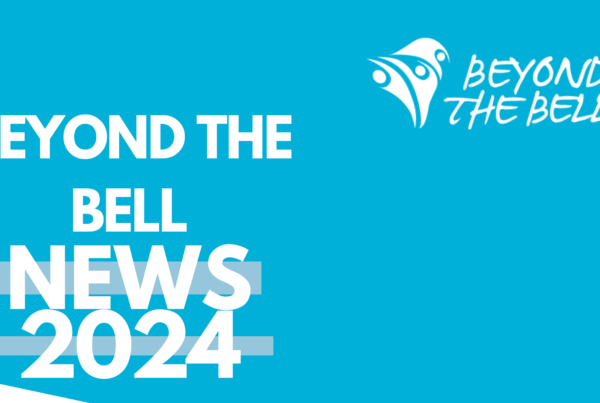A major research initiative has found that young people across the Great South Coast feel connected to their local communities but want more inclusion and tolerance.
They also want more local employment and education opportunities to negate the need to move out of the region.
More than 700 young people from the Great South Coast were interviewed as part of Beyond the Bell’s Youth Conversations project.
Youth Conversations is an initiative designed to ensure Beyond the Bell and the region are listening to and understanding young people’s views about education, training, community, future employment, what connects them to their communities and the barriers they face.
Young people aged 12-19 from Colac Otway, Corangamite, Glenelg, Moyne, Southern Grampians and Warrnambool were interviewed.
“We aimed to gather the local lived-experience voice of young people and be responsive to that,” Beyond the Bell Executive Officer Kate Roache said.
“We had little data driven by young people in our region but this gives us the groundwork to act on the learnings and recommendations,” Ms Roache said.
Beyond the Bell is planning to run a series of forums to discuss the findings and recommendations. “There will be opportunities for people to design the next phase of the project, particularly young people, including the possibility of developing a young person reference group,” Ms Roache said.
The research was undertaken by young people trained by YACVic to become youth facilitators and Ms Roache said a framework would be developed to continue engaging young people in the follow-up work.
“It’s all about building capacity and engagement in young people across the region,” she said.
The final Youth Conversations report compiled by Deakin University and released this week shows that while people aged 12 to 19 feel a strong connection to their communities through common livelihoods, sport, arts and local activities and groups, they also fear they will have to leave to seek education, training and employment options.
Young people are also concerned about the need for more inclusion and diversity and want less judgemental attitudes towards differences.
They also face difficulties in accessing some events due to transport and technology limitations, and in some cases say they feel disconnected from their schools.
In response to the findings, Youth Conversations is calling for innovative programs linking community engagement and education provision, identifying specific areas of impact created by young people’s limited transport and technology access, and strengthening and expanding programs to make communities safer and more inclusive places for everyone.
While young people across all LGAs expressed a very strong connection to their local communities, some said regional events and training opportunities were not evenly distributed, often due to inadequate transport.
The research found young people became more aware of the role played by school and education in keeping them connected to their community during the pandemic lockdowns, but some seeking a vocational pathway didn’t feel supported by their schools and communities.
Many young people reported feeling compelled to leave their communities in pursuit of travel, education and employment. They indicated a need for more suitable education, training and employment opportunities in the region to enable them to stay or return.
Young people consistently expressed a desire for their communities to be more inclusive, more diverse, and less judgemental of difference. Members of the LGBTQI+ community said they did not always feel safe in their community.
The Youth Conversations data indicates negative social relations could be reduced by addressing discrimination and conservative attitudes towards life choices, and by addressing lack of safety in the community, and perceived risks such as crime, poor roads and transport infrastructure, and street lighting.
Positive social relations could be strengthened through more youth-focused organisations, free or affordable activities, and better resources and infrastructure in their communities.
Youth Conversations received funding and partner support from the Australian Government, Building Better Regions Fund, Brophy Family & Youth Services, Deakin University, Regional Partnerships – Great South Coast, Victorian State Government: Department of Families, Fairness and Housing, Youth Affairs Council Victoria, Department of Education and Training – Wimmera South West Area, Glenelg and Southern Grampians Local Employment & Learning Network, South West TAFE and the Victorian State Government: Department of Families, Fairness and Housing.



